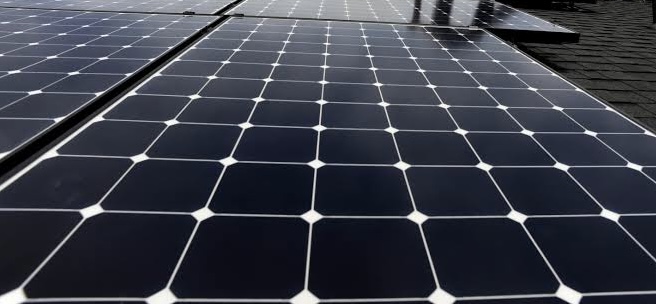KEY POINTS
- The US enforces tariffs on solar imports from Cambodia, Malaysia, Thailand, and Vietnam.
- Tariffs range from 21.31 percent to 271.2 percent, depending on the manufacturer.
- American manufacturers accuse Southeast Asian firms of undercutting prices.
The United States has imposed significant tariffs on solar panel imports from four Southeast Asian nations.
This move comes after American manufacturers alleged that companies in these countries are flooding the market with unfairly low-priced products.
The tariffs, announced by the Commerce Department, apply to solar cells and modules from Cambodia, Malaysia, Thailand, and Vietnam.
Duties range from 21.31 percent to a steep 271.2 percent, depending on the manufacturer. Major Chinese firms, like Jinko Solar and Trina Solar, which operate factories in these nations, face the brunt of the penalties.
This decision follows complaints by American companies, including Arizona-based First Solar and South Korea’s Hanwha Qcells, accusing foreign competitors of undercutting prices and harming local industries.
The Biden administration aims to protect billions of dollars invested in domestic solar manufacturing while addressing concerns about China’s dominance in clean energy production.
Protecting American solar investments
The new tariffs are part of a broader effort to bolster American solar manufacturing. Most solar panels installed in the US are imported, with 80 percent coming from the four nations targeted by these duties.
Critics have long argued that cheap imports discourage investment in US-based production.
Tim Brightbill, legal counsel for the American petitioners, emphasized the importance of this action.
“These preliminary duties bring us closer to addressing years of harmful trade practices while protecting American solar investments,” he said.
Despite the tariffs, the Biden administration continues to push for clean energy development under the Inflation Reduction Act (IRA).
According to Reuters, the IRA provides incentives for companies to manufacture renewable energy equipment domestically, a policy designed to reduce reliance on imports and strengthen local supply chains.
Broader implications for the energy sector
This decision marks a turning point in the global solar trade landscape. While the tariffs aim to level the playing field for US manufacturers, they could also impact solar adoption rates.
Industry analysts warn that higher prices on imported panels might slow solar installations, potentially affecting the administration’s ambitious climate goals.
However, the Biden administration remains firm. Officials argue that fostering a robust domestic solar industry is essential for achieving long-term energy security.
With final determinations set for mid-2025, the solar sector will be closely watching how these measures shape the future of clean energy in the US.



